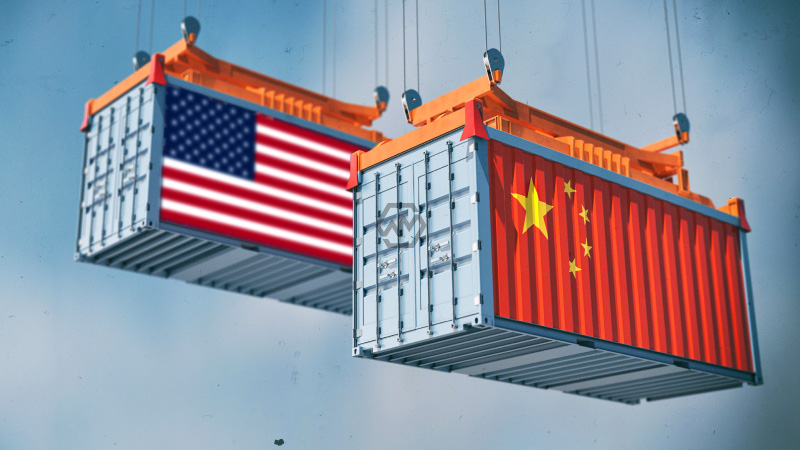- Trump’s tariffs, especially on China, are disrupting global trade and supply chains.
- China has retaliated with countermeasures, deepening the US-China trade standoff.
- Small US manufacturers face both opportunities and uncertainties from the tariff changes.
President Trump’s tariff hikes, particularly against China, have triggered a trade war with far-reaching effects. His aggressive stance aims to reduce trade imbalances and protect American manufacturers from unfair global competition.
For some US manufacturers, like Drew Greenblatt of Marlin Steel Wire Products, the tariffs present an opportunity. They level the playing field against foreign competitors benefiting from lower tariffs.
Trump’s Tariff War with China: Winners, Losers, and Global Shifts
The US-China trade war, sparked by Trump’s aggressive tariff policies, has altered global trade dynamics. Both countries feel the impact. China’s response has been notably strategic. They not only raised tariffs but also leveraged tools like currency depreciation and restrictions on American companies. These moves highlight the geopolitical nature of the standoff. They signal that China is willing to endure economic pain for long-term positioning.
On the US side, the tariff policies have provided a boon for certain domestic industries. Small manufacturers, particularly those competing against foreign imports, see the tariffs as a way to level the playing field. However, the broader economic effects are mixed. There are concerns that US consumers and businesses dependent on Chinese imports will bear the brunt of higher costs.
Globally, countries have reacted in various ways. The EU has withheld direct retaliation, opting instead for negotiations. Meanwhile, nations like Cambodia and Laos have been hit with steep tariffs despite their limited trade with the US. This uneven treatment may fuel resentment. It could prompt nations to seek alternatives to the US market and further erode American global influence.
As the trade war continues, it’s clear that the US is reshaping global economic alliances. While the US may benefit in certain sectors, China’s strategic responses are leading to a counterweight to American dominance. The long-term trajectory of the conflict will depend on whether the US can manage these risks without sacrificing global stability.
The US-China trade war, driven by Trump’s tariffs, has set off a series of economic shifts. While some US industries may gain, the broader global implications remain uncertain. The future of international trade depends on how the conflict evolves.
“Trade wars are a way to reset global power dynamics and economic fairness,” – Trump’s tariffs aim to rebalance trade deficits but have triggered unpredictable consequences.



